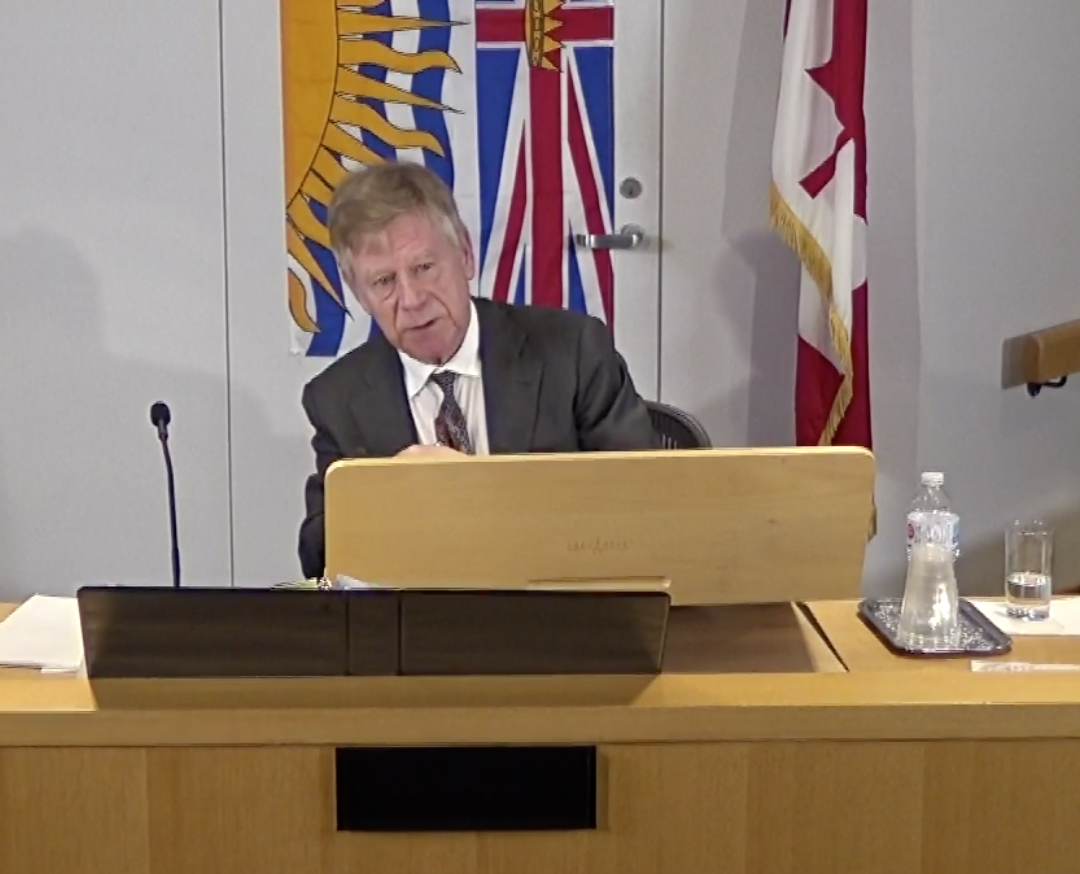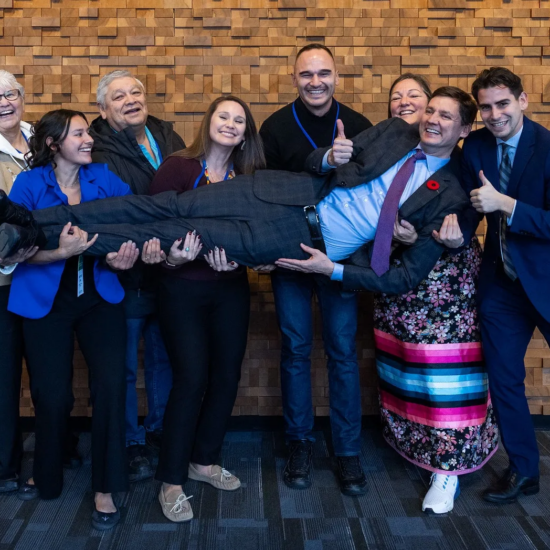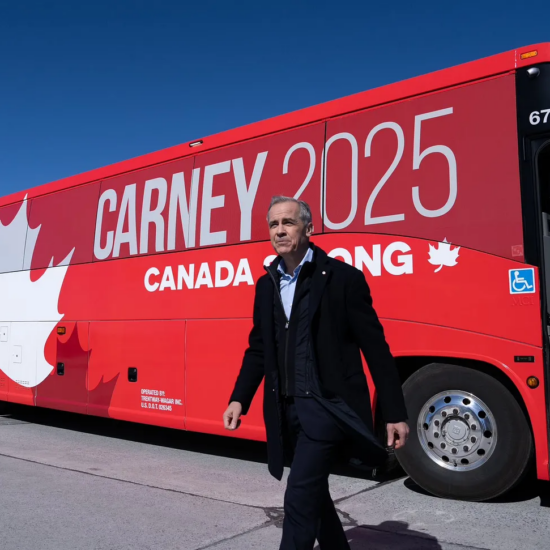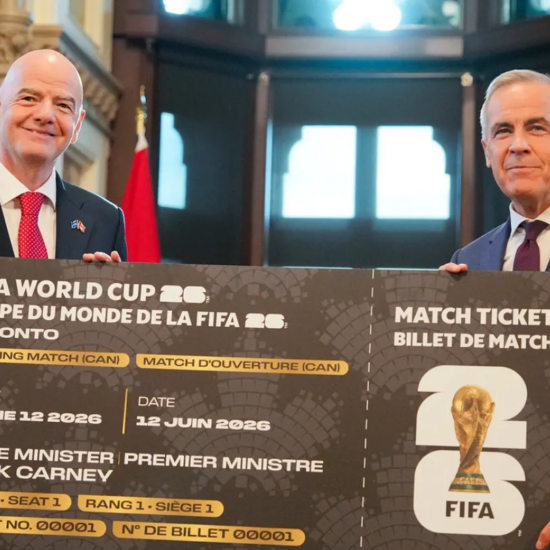
Bob Mackin
The Canadian arm of luxury automaker BMW, which also markets MINI and Rolls Royce, blames the lack of a dedicated police force at British Columbia ports for allowing money laundering to flourish in the province.
“In BMW’s experience, enforcement and transparency at ports should be dramatically improved. BMW is appreciative of the collaborative efforts of the [Canada Border Services Agency] and of local police – however, the volume of exports from Canada’s ports exceeds the abilities of any one regulatory body to police those exports,” testified lawyer Morgan Camley of the Dentons law firm.

2015 BMW i8 (BMW)
“Canadian ports, including at Vancouver, Surrey, and Prince Rupert do not have a dedicated police presence, therefore resulting in a gap in law enforcement. This makes it more difficult for BMW to identify and recover vehicles destined for unlawful export.”
Camley said that if BMW has interest in a vehicle under a lease agreement, CBSA has limited authority to assist the recovery, which is not considered stolen by police. Enforcement of non-export agreements is considered a civil, not criminal, matter, she said.
According to Peter German’s 2019 report for the provincial government, there were less than 100 luxury vehicles exported to China from B.C. in 2013. By 2018, that number had exploded to more than 4,400, according to Ministry of Finance data.
German found that during the 2016-2017 fiscal year, one straw buyer made in excess of 25 purchases. A thousand straw buyers were apparently linked to one exporter and, in many cases, the identification provided by the straw purchaser is a People’s Republic of China passport, not a B.C. driver’s licence.

Commissioner Austin Cullen (Cullen Commission)
Straw buyers had an incentive to flip the cars quickly to exporters. If resold within seven days of purchase, the provincial government refunds the provincial sales tax. There were refunds of at least $55 million on nearly 8,000 vehicles sold that year, with a total purchase value of $555 million.
theBreaker.news was first to report about the outcomes of two sensational disputes before the B.C. Supreme Court. They were both cases of BMW exports to China gone awry.
A Lower Mainland real estate investor, whose company supplied steel to the Beijing 2008 Olympics, failed to convince a judge last year who was responsible for losing the BMW she bought and sent to China. A judge awarded a former University of British Columbia student $329,000 after the BMW supercar that his mother bought him went missing in China.
In his verdict on the former case, Justice Christopher Grauer wrote that since 2010, only Chinese government representatives, high-level personnel and specially invited experts have been allowed to import cars into China.
In 1996, the federal Liberal government decided to shut down Ports Canada Police. Then-B.C. Premier Ujjal Dosanjh was perplexed. He cited the seizure of more than $1 billion in illegal drugs over the previous decade and $2 million in luxury cars seized in the first quarter of 1996.
The Port of Vancouver police detachment numbered 29 officers, seven civilian staff and eight seasonal employees, responsible for policing 275 km of coastline from Port Moody to Boundary Bay.
“In the post-9/11 world this is a serious gap in our law enforcement umbrella,” German wrote las year. “The comparison to Seattle is stark, where the Port of Seattle Police Department has 150 staff to police SeaTac Airport and the Seaport, including numerous specialized units. In addition, U.S. federal authorities are present at the ports, including border patrol, customs officers, and others.”
Support theBreaker.news for as low as $2 a month on Patreon. Find out how. Click here.











